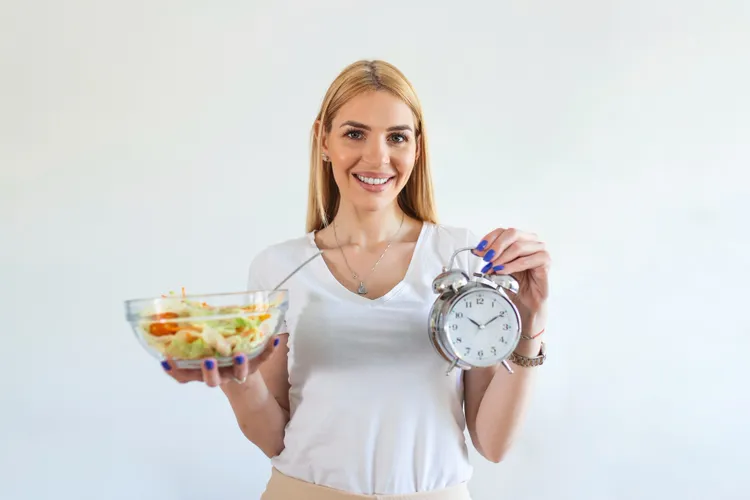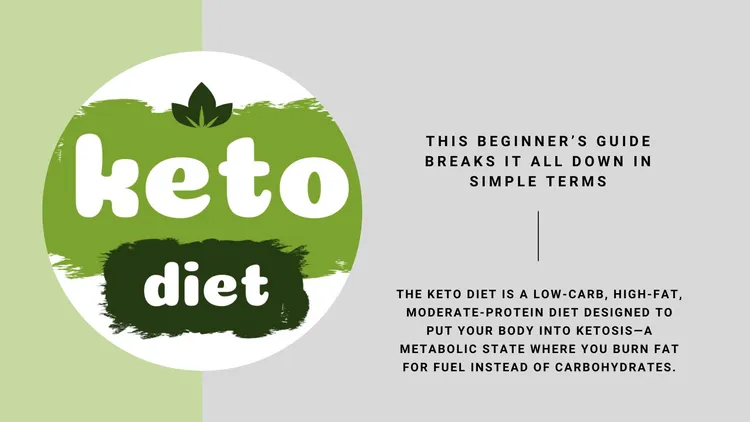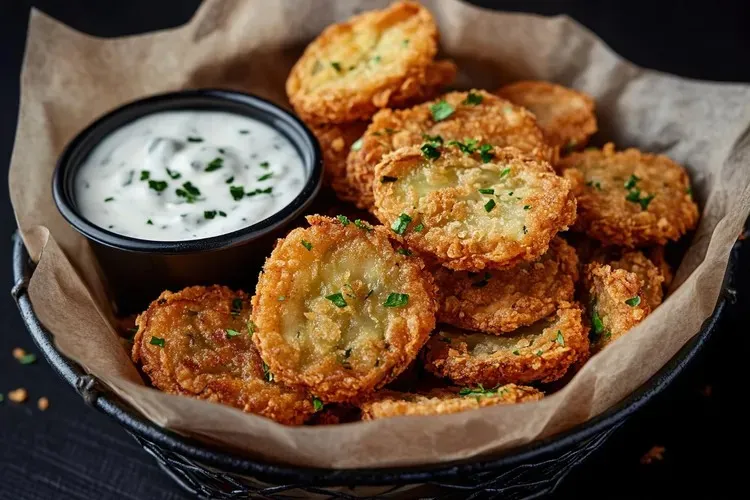Nutrient-Dense Recipes for Intermittent Fasting: Fueling Your Body Right
Intermittent fasting (IF) has gained popularity for its potential benefits—weight management, improved metabolic health, and mental clarity, to name a few. But fasting isn’t just about when you eat; it’s also about what you eat during your feeding window. To make the most of IF, focusing on nutrient-dense meals is key. These foods pack a punch with vitamins, minerals, healthy fats, and protein, keeping you energized and satisfied without overloading on empty calories. Here are some delicious, nutrient-dense recipes to support your intermittent fasting journey.

Why Nutrient Density Matters in Intermittent Fasting
When you’re limiting your eating window—whether it’s 16:8, 18:6, or even a full-day fast—you have fewer opportunities to meet your nutritional needs. Nutrient-dense foods ensure you’re getting the good stuff: antioxidants to fight inflammation, protein to preserve muscle, and healthy fats to sustain energy. Plus, they help curb cravings and prevent overeating when breaking your fast. Let’s dive into some recipes that deliver both flavor and function.
Recipe 1: Avocado Salmon Power Bowl
Best for: Breaking a fast with balanced macros
Prep Time: 15 minutes
Serves: 1
Prep Time: 15 minutes
Serves: 1
Ingredients:
- 4 oz wild-caught salmon fillet (baked or pan-seared)
- ½ ripe avocado, sliced
- 1 cup baby spinach
- ½ cup cooked quinoa
- 1 tbsp olive oil
- 1 tsp lemon juice
- 1 tbsp pumpkin seeds
- Salt and pepper to taste
Instructions:
- If not pre-cooked, season the salmon with salt, pepper, and a drizzle of olive oil. Bake at 400°F (200°C) for 12-15 minutes or pan-sear for 4-5 minutes per side.
- In a bowl, layer the spinach, quinoa, and sliced avocado.
- Top with the salmon fillet and sprinkle with pumpkin seeds.
- Drizzle with olive oil and lemon juice. Season to taste.
Why It Works: Salmon is rich in omega-3 fatty acids and protein, avocado provides healthy fats and potassium, and quinoa adds fiber and complex carbs. This bowl keeps you full and supports muscle repair—perfect for an active IF lifestyle.
Recipe 2: Kale and Beef Bone Broth Soup
Best for: A light, hydrating fast-breaker
Prep Time: 20 minutes
Serves: 2
Prep Time: 20 minutes
Serves: 2
Ingredients:
- 2 cups homemade or high-quality beef bone broth
- 1 cup chopped kale
- ½ cup diced sweet potato
- 1 clove garlic, minced
- 1 tsp turmeric powder
- 1 tbsp coconut oil
- Salt and pepper to taste
Instructions:
- Heat coconut oil in a pot over medium heat. Add garlic and sauté for 1 minute.
- Stir in diced sweet potato and cook for 5 minutes.
- Pour in bone broth, add turmeric, and bring to a simmer. Cook until sweet potatoes soften, about 10 minutes.
- Add kale and simmer for another 3-5 minutes until wilted. Season with salt and pepper.
Why It Works: Bone broth is a goldmine of collagen, amino acids, and minerals like magnesium—ideal for gut health and hydration after a fast. Kale boosts the vitamin C and antioxidant content, while sweet potato adds a satisfying dose of fiber and beta-carotene.
Recipe 3: Chia Berry Protein Pudding
Best for: A sweet, nutrient-packed breakfast or dessert
Prep Time: 10 minutes (plus overnight soaking)
Serves: 1
Prep Time: 10 minutes (plus overnight soaking)
Serves: 1
Ingredients:
- 2 tbsp chia seeds
- ½ cup unsweetened almond milk
- 1 scoop vanilla protein powder (optional)
- ½ cup mixed berries (blueberries, raspberries, or strawberries)
- 1 tsp almond butter
- A sprinkle of crushed walnuts
Instructions:
- In a jar or bowl, mix chia seeds, almond milk, and protein powder (if using). Stir well to avoid clumps.
- Let it sit in the fridge overnight (or at least 4 hours) until it thickens into a pudding consistency.
- Top with berries, a dollop of almond butter, and walnuts before eating.
Why It Works: Chia seeds are loaded with fiber, omega-3s, and calcium, while berries bring antioxidants and natural sweetness. The protein powder and almond butter add staying power, making this a great option to kick off your eating window.
Recipe 4: Spinach and Feta Egg Muffins
Best for: Meal prep and on-the-go eating
Prep Time: 25 minutes
Serves: 6 muffins
Prep Time: 25 minutes
Serves: 6 muffins
Ingredients:
- 6 large eggs
- 1 cup fresh spinach, chopped
- ¼ cup crumbled feta cheese
- 2 tbsp diced red bell pepper
- 1 tbsp olive oil
- Salt and pepper to taste
Instructions:
- Preheat oven to 375°F (190°C). Grease a muffin tin with olive oil.
- In a bowl, whisk eggs with salt and pepper. Stir in spinach, feta, and bell pepper.
- Pour the mixture evenly into 6 muffin cups.
- Bake for 15-18 minutes until set. Let cool slightly before removing.
Why It Works: Eggs are a complete protein and rich in choline for brain health. Spinach and feta add iron, calcium, and flavor without excess calories. These muffins are portable and reheat well, making IF easier on busy days.
Tips for Success with Nutrient-Dense IF Meals
- Prioritize Whole Foods: Stick to minimally processed ingredients to maximize nutrient intake.
- Hydrate Smartly: Break your fast with water or broth-based dishes to rehydrate before diving into heavier meals.
- Balance Your Plate: Aim for a mix of protein, healthy fats, and fiber-rich carbs to stabilize blood sugar.
- Listen to Your Body: Adjust portion sizes based on your energy needs and fasting schedule.
Final Thoughts
Intermittent fasting doesn’t mean sacrificing nutrition—or flavor. These nutrient-dense recipes are designed to nourish your body, support your goals, and make every bite count during your eating window. Whether you’re new to IF or a seasoned faster, experimenting with wholesome ingredients can turn your meals into a highlight of the day.









